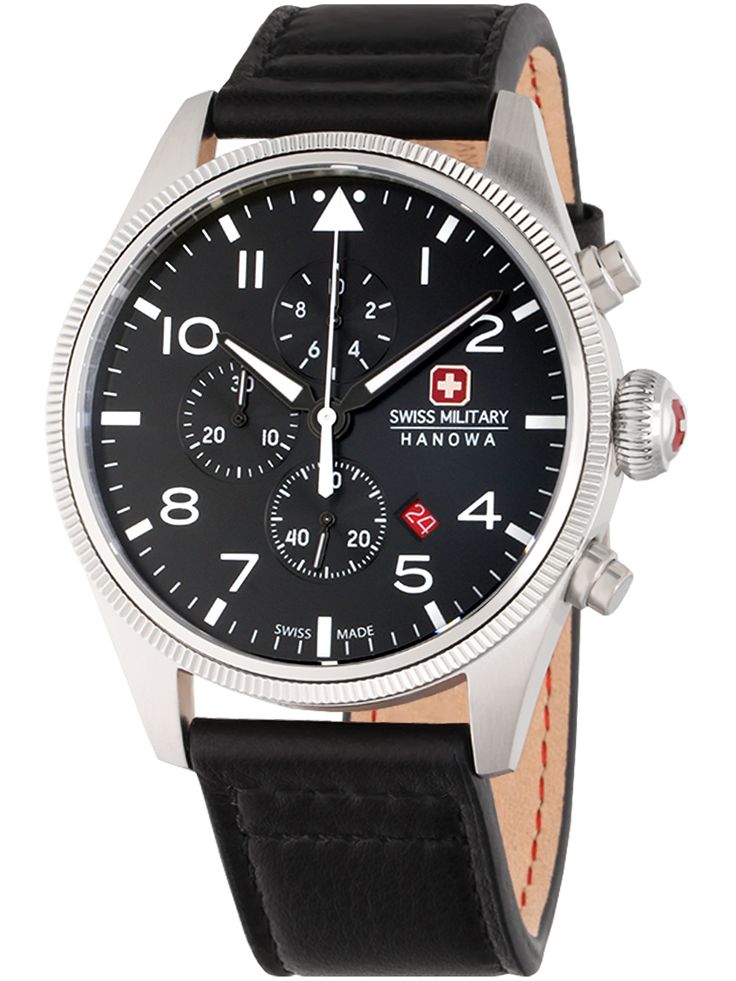Timekeeping Traditions: Comparing Swiss Made and Swiss Movement Horology

Switzerland has long been synonymous with precision and excellence in watchmaking. Renowned worldwide for their craftsmanship and attention to detail, Swiss watches are a symbol of luxury and reliability. Two terms often associated with Swiss watches are “Swiss Made” and “Swiss Movement,” each representing different aspects of horology. Let’s delve into the intricacies of these timekeeping traditions and explore their significance in the world of watchmaking.
Swiss Made: A Mark of Quality
“Swiss Made” is a label that carries significant weight in the watch industry. It represents a standard of quality and craftsmanship that is deeply ingrained in Swiss watchmaking traditions. For a timepiece to bear the designation of “Swiss Made,” it must adhere to strict criteria set forth by Swiss law.
One of the key requirements for a watch to be considered Swiss Made is that its movement (the mechanism that drives the watch) must be Swiss. Additionally, at least 60% of the manufacturing costs must be incurred in Switzerland, and final assembly must also take place in the country. This emphasis on local production ensures that watches bearing the Swiss Made label meet rigorous quality standards and are swiss made with precision and attention to detail.
The Swiss Made label is not just a mark of origin but also a testament to the heritage and expertise of Swiss watchmakers. It signifies a commitment to excellence that has been passed down through generations, making Swiss watches highly coveted by collectors and enthusiasts around the globe.
Swiss Movement: The Heart of the Watch
While the term “Swiss Made” encompasses various aspects of watch production, “Swiss Movement” specifically refers to the mechanism inside the watch that drives its timekeeping functions. Swiss movements are renowned for their accuracy, reliability, and craftsmanship, making them highly sought after by watch aficionados.
Swiss movements are often categorized into two main types: mechanical and quartz. Mechanical movements, which include manual and automatic varieties, rely on intricate gears and springs to power the watch. These movements are prized for their traditional craftsmanship and the artistry involved in their assembly.
On the other hand, quartz movements use electronic oscillators regulated by a quartz crystal to keep time. While quartz movements are generally more accurate and affordable than their mechanical counterparts, Swiss-made quartz movements are held to the same standards of precision and quality as Swiss mechanical movements.
Whether mechanical or quartz, Swiss movements are renowned for their precision engineering and meticulous attention to detail. Each movement is assembled and tested with precision, ensuring that it meets the exacting standards of Swiss watchmaking.
Distinguishing Features
While both Swiss Made and Swiss Movement represent hallmarks of quality and precision, there are some key differences between the two.
The Swiss Made label encompasses the entire watch, including its case, dial, hands, and other components, in addition to the movement itself. It signifies that the watch has been manufactured and assembled in Switzerland, adhering to strict quality standards set forth by Swiss law.
On the other hand, Swiss Movement specifically refers to the mechanism inside the watch that drives its timekeeping functions. While the movement is a crucial component of the watch, it is just one aspect of what makes a timepiece truly Swiss Made.
Conclusion
In conclusion, Swiss Made and Swiss Movement are both integral to the rich tradition of Swiss watchmaking. The Swiss Made label represents a commitment to quality, craftsmanship, and heritage, while Swiss Movement signifies the precision engineering and reliability of the watch’s internal mechanism.
Whether it’s the intricate gears of a mechanical movement or the electronic precision of a quartz movement, Swiss watches continue to captivate enthusiasts with their timeless elegance and superior performance. In a world where time is of the essence, Swiss horology stands as a testament to the enduring legacy of precision and excellence.
Top of Form




